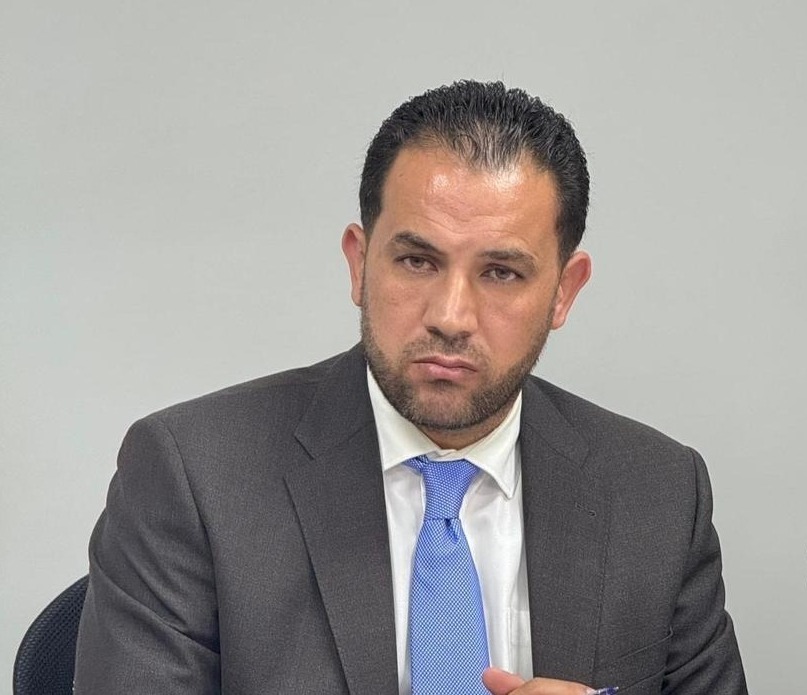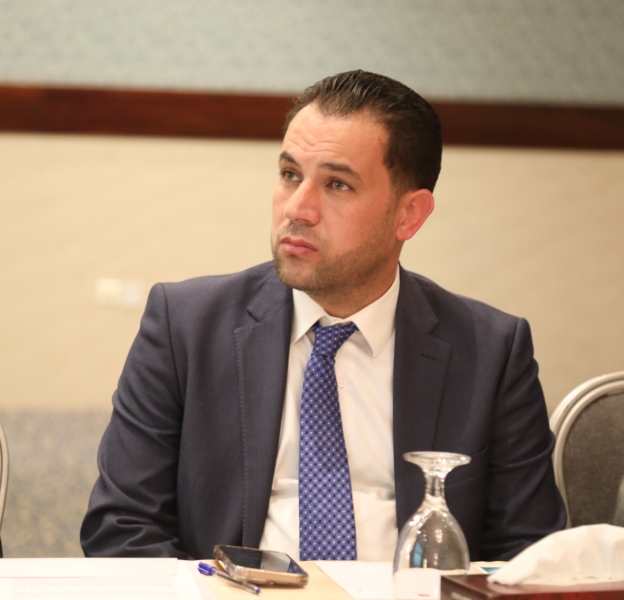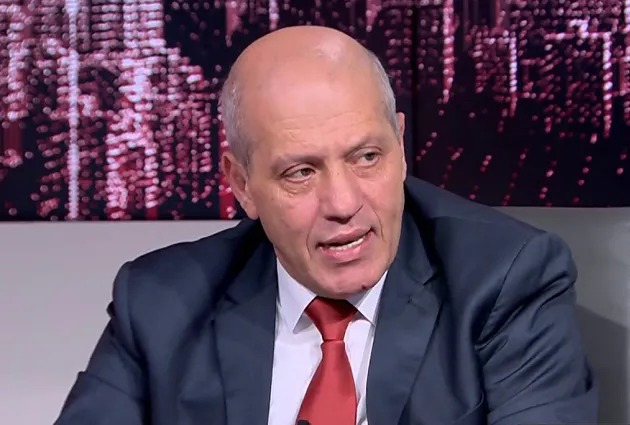غنيمات يكتب: الانتخابات الأمريكية بين مطرقة الحمار وسندان الفيل

طلال غنيمات غدًا، سيشهد العالم الاستحقاق الكبير للانتخابات الأمريكية، وهو الحدث الذي ستتحدد على ضوئه هوية الحاكم الذي سيقود الولايات المتحدة ويؤثر على الساحة العالمية خلال السنوات الأربع المقبلة. بين مرشح الحزب الديمقراطي ومرشح الحزب الجمهوري، وتحديدًا الرئيس السابق دونالد ترامب، تتقلص الخيارات وتكثر الأسئلة: من سيدخل البيت الأبيض في يناير المقبل؟ ومن سيحدد ملامح السياسة العالمية في فترة تتسم بالتوتر والاضطرابات؟ يقف العالم في ترقب حذر، مدركًا الفارق الكبير بين توجهات الحزبين. الديمقراطيون، الذين يمثلهم رمز الحمار، والجمهوريون، الذين يمثلهم الفيل، يحملون مواقف مختلفة في قضايا محورية تؤرق العالم، خاصة ما يتعلق بنا نحن العرب والمسلمين. في مقدمة هذه القضايا تأتي القضية الفلسطينية والتوتر المستمر في الشرق الأوسط، حيث تتجاذب المنطقة الصراعات الإقليمية، إلى جانب التحديات الناتجة عن الاضطرابات المستمرة.
الملف الأوكراني يمثل تحديًا عالميًا آخر، إذ تبرز الحرب هناك كساحة مواجهة غير مباشرة بين روسيا وأمريكا، كما يتزايد التنافس الاقتصادي والاستراتيجي بين واشنطن وبكين، ليشكل هذا المشهد المتشابك ميدانًا مفتوحًا للصراع والتنافس في السنوات المقبلة، وفقًا لما ستقرره السياسات الأمريكية الجديدة. لكن يبقى ما يهمنا نحن كعرب ومسلمين، هو مدى تأثير هذه السياسات على واقعنا الإقليمي المضطرب. رغم وعود إدارة بايدن الديمقراطية بتهدئة الأوضاع وإنهاء النزاعات، إلا أنها لم تتمكن حتى الآن من تحقيق ذلك أو إحراز تقدم ملموس نحو حل سياسي يُنهي العنف. ندرك أن الدعم الأمريكي لإسرائيل ثابت ولا يخضع لتغيرات كبيرة بين الحزبين، فهو دعم راسخ في السياسة الأمريكية، لكون إسرائيل حليفًا استراتيجيًا يخدم مصالحهم في المنطقة. لذلك، الحديث عن تخلي واشنطن عن دعمها لتل أبيب أمر غير واقعي، لكن قد تتباين السياسات في التفاصيل بين الديمقراطيين والجمهوريين. الموقف العربي الإسلامي في الولايات المتحدة، لا سيما في ولايات محورية مثل ميشيغان، أصبح يشكل ورقة ضغط مؤثرة. هذا الثقل الانتخابي يدفع بعض المسؤولين، مثل نائبة الرئيس كامالا هاريس، إلى إعادة النظر في مواقفهم. ورغم أن التغيير المحتمل سيكون محدودًا، إلا أنه قد يساهم في دفع الإدارة المقبلة نحو السعي لتهدئة الأوضاع، ربما عبر محاولات لوقف الحرب وإعادة طرح مبادرات لحل الدولتين. في المقابل، إذا عاد ترامب إلى السلطة، فقد يتعمق الانحياز لإسرائيل، إذ إن سياساته معروفة بدعمها اللامحدود لتل أبيب وبتوجهه نحو توسيع نفوذها في المنطقة. سيكون من غير المرجح أن نشهد أي تحول إيجابي على مستوى الصراع في غزة أو التوترات مع إيران وأذرعها.
ختامًا، بين الفيل والحمار، تستمر معاناة شعوبنا؛ فدماء الشهداء التي نزفت، ودموع الأيتام والأرامل، هي شهادة على الثمن الباهظ الذي تدفعه منطقتنا جراء السياسات الأمريكية، أيًا كانت هوية ساكن البيت الأبيض. ما نحتاجه اليوم هو إدراك عربي وإسلامي عميق للمخاطر المحدقة، وإعداد رؤية استراتيجية تحمي مصالحنا، ليس فقط في مواجهة محاولات تصفية القضية الفلسطينية، بل أيضًا في مواجهة التحديات التي تهدف إلى ترسيخ الهيمنة الإسرائيلية وإبقاء منطقتنا في دائرة الصراعات والتخلف.






